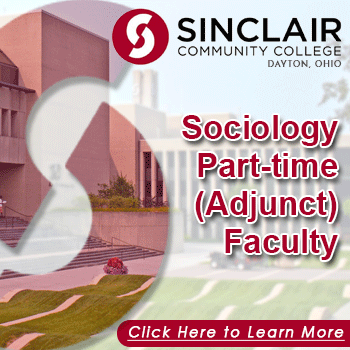This job has Expired

Open Postdoctoral position, faculty mentor John West Day
Job Description
Human Imaging Postdoctoral Scholar
The Neuromuscular and Neurogenetics Clinical Research Laboratory directed by Dr. John Day, part of the Innovative Genetic Neurological Investigation and Treatment Evaluation (IGNITE) program within the Department of Neurology and Neurological Sciences at Stanford Universityís School of Medicine, is seeking a distinguished postdoctoral fellow experienced in the performance and analysis of MRI imaging methods applicable to brain and muscle investigations to work alongside experts in radiology, neurology, rehabilitation, clinical trials, bioinformatics specialists and engineers.
The goal of the research is to develop novel outcome measures and biomarkers of CNS and muscle involvement in Mendelian neuromuscular disorders such as muscular dystrophies and metabolic disorders that directly affect both brain and muscle function.† These outcome measures will then be used in upcoming clinical trials in which these disorders will be genetically corrected, allowing determination and quantification of disease elements responsive to genetic correction, shedding light on the underlying pathophysiological processes.† Methods currently employed include diffusion tensor imaging, tractography, brain resting state fMRI, whole body PET/MRI including DTI of all skeletal muscles. Patients being studied include those with genetic disorders directly affecting both brain and muscle structure and function, such as myotonic dystrophy, Duchenne muscular dystrophy, spinal muscular atrophy, ALS and GNE myopathy.† Genetic treatments for these disorders are clinically available, or in late-stage development, allowing patients to be tested before and after genetic correction.
- The MRI post-doc fellowship will primarily focus on development of MRI acquisition/reconstruction methods using 3T, 7T and PET/MRI devices, in addition to image processing/machine learning, and clinical applications. Other desirable skills include experience with image processing, understanding MRI physics, pulse sequence development, or image reconstruction. Experiences in hardware development is not required. Pulse sequence development and/or MRI reconstruction is a plus. You will work on improving image quality and accuracy throughout the human body using advanced MRI techniques such as diffusion, spectroscopic, susceptibility and functional imaging. You will also work on applications of these techniques to various clinical applications in muscle.† These advanced techniques provide information beyond macroscopic morphology on tissue microstructure, metabolism and function, offering unique information associated with various pathological states, which will be characterized by others in the laboratory investigating novel histological evaluations of tissue biopsied after MRI characterization.
*Please mention you saw this ad on AcademicJobs.*




